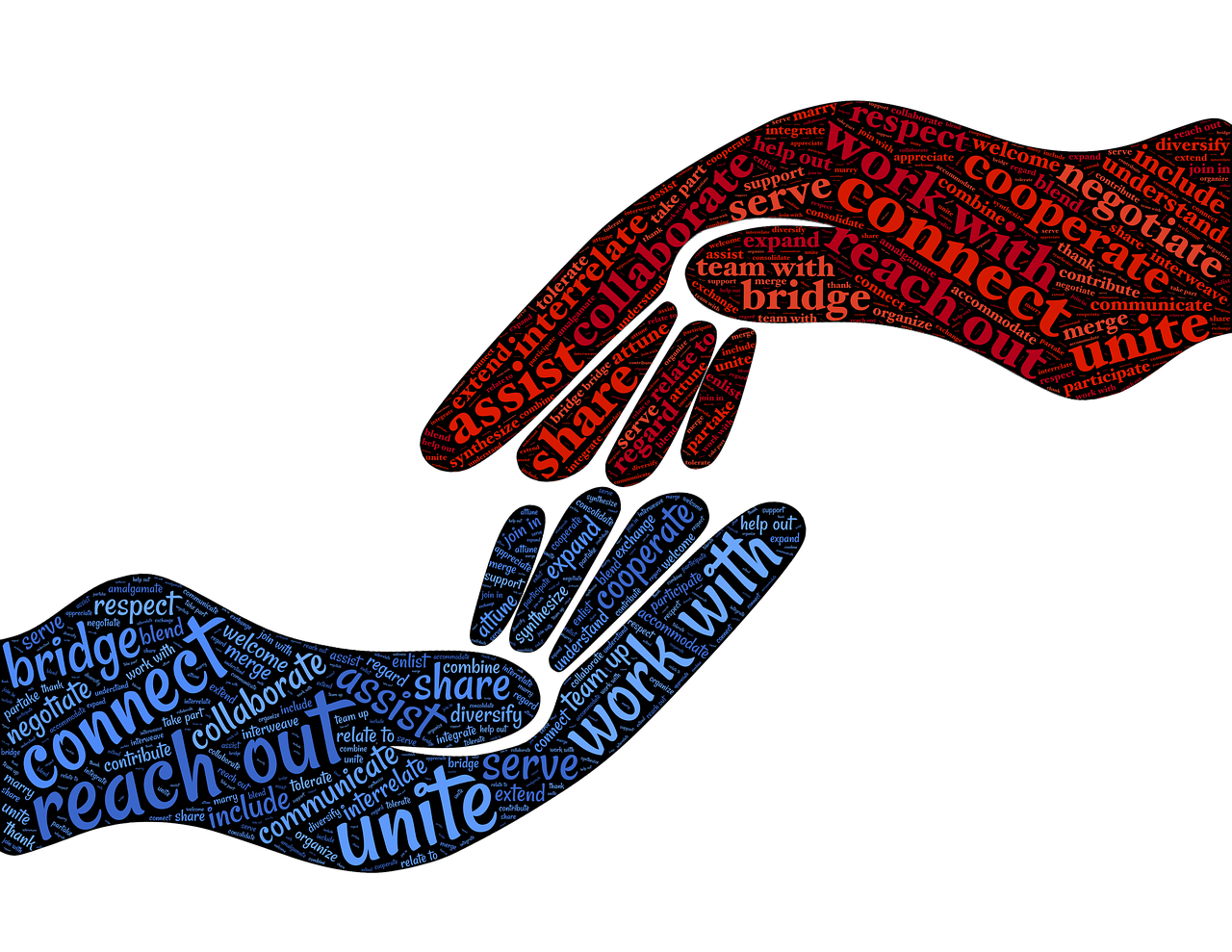Team building activities are a valuable tool for improving performance and fostering a positive and collaborative work environment. In this article, we will explore ten team building activities that can help boost team performance, communication, and cohesion.
From outdoor challenges to problem-solving games, these activities are designed to engage employees and enhance their ability to work together effectively. So, let’s dive in and explore the top ten team building activities that can make a real difference in your workplace.
Escape Rooms: An Exciting Challenge for Collaboration
Escape rooms have gained immense popularity as team building activities in recent years, and for good reason. These immersive challenges require participants to work together, solve puzzles, and find hidden clues to escape a locked room within a specified time limit.
The intense pressure and time constraint encourage effective communication, quick decision-making, and teamwork. By participating in an escape room experience, team members learn to trust each other’s abilities and foster a sense of camaraderie that can translate into improved performance in the workplace.
Outdoor Adventure Activities: Building Trust and Cooperation
Outdoor adventure activities such as rock climbing, hiking, and scavenger hunts provide an excellent opportunity for teams to bond and collaborate in a non-work setting. These activities require participants to trust and support each other, creating a sense of unity and shared purpose.
Outdoor challenges also encourage problem-solving, adaptability, and resilience, as teams navigate unfamiliar terrain or solve complex tasks together. By engaging in these activities, team members develop valuable skills that can be applied in their professional lives, such as effective communication, trust-building, and resilience.
Team Sports: Fostering Healthy Competition and Collaboration
Participating in team sports is a classic team building activity that promotes physical fitness, communication, and cooperation. Whether it’s a game of football, basketball, or volleyball, team sports provide an opportunity for individuals to work together towards a common goal.
Sports activities encourage teamwork, strategizing, and support, while also promoting a healthy sense of competition. By engaging in team sports, employees can develop vital skills such as effective communication, decision-making, and adaptability.
Problem-Solving Workshops: Enhancing Critical Thinking and Collaboration
Problem-solving workshops are designed to challenge teams to think critically, analyse complex situations, and arrive at innovative solutions. These workshops involve interactive exercises and simulations that require participants to work together to overcome obstacles and find creative solutions.
Problem-solving activities help teams develop skills such as effective communication, strategic thinking, and collaboration. By improving these skills, team members become more adept at finding solutions to problems they encounter in the workplace.
Cooking Classes: Enhancing Communication and Creativity
Cooking classes offer a unique and enjoyable team building experience that encourages collaboration, communication, and creativity. Teams are tasked with working together to prepare a meal, requiring effective communication, coordination, and problem-solving.
Cooking classes also promote creativity, as participants have the opportunity to experiment with flavours and presentation. By participating in cooking classes, team members learn to communicate effectively, delegate tasks, and work together towards a common goal.
Trust-Building Activities: Fostering Stronger Relationships
Trust-building activities are essential for creating a positive and supportive work environment. These activities aim to enhance trust, empathy, and rapport among team members. Trust-building exercises can include blindfolded trust walks, team-building games like “Two Truths and a Lie,” or trust falls.
These activities encourage individuals to rely on each other, fostering stronger relationships and creating a sense of unity within the team. By developing trust among team members, communication and collaboration improve significantly, leading to better overall performance.
Communication Workshops: Improving Interpersonal Skills
Effective communication is vital for successful team collaboration. Communication workshops are designed to improve interpersonal skills such as active listening, assertiveness, and clarity of expression.
These workshops often involve role-playing exercises, group discussions, and communication games to enhance communication skills. By participating in communication workshops, team members develop stronger communication skills, which leads to better understanding, reduced conflicts, and improved teamwork.
Volunteer Activities: Making a Positive Impact Together
Engaging in volunteer activities as a team not only creates a sense of purpose but also fosters collaboration and empathy. Whether it involves cleaning up a local park, serving at a soup kitchen, or participating in a charity run, volunteer activities provide an opportunity for teams to work together towards a meaningful cause.
These activities encourage collaboration, problem-solving, and adaptability while also instilling a sense of fulfilment and pride in making a positive impact on the community.
Personality Assessments: Understanding Differences and Enhancing Collaboration
Personality assessments, such as the Myers-Briggs Type Indicator (MBTI) or StrengthsFinder, can be valuable tools for improving team dynamics and collaboration.
These assessments help team members gain insight into their own strengths, weaknesses, and communication styles, as well as those of their colleagues. By understanding these differences, teams can leverage each individual’s unique skills and preferences, leading to more effective collaboration and improved performance.
Team-Building Retreats: Immersive Experiences for Growth
Team-building retreats offer a unique opportunity for team members to engage in activities and workshops designed to foster collaboration, personal growth, and bonding. These retreats often take place outside the office environment, allowing employees to step away from their daily routine and focus on building strong relationships and enhancing teamwork.
Team-building retreats typically include a mix of activities, workshops, and team-building games that aim to improve communication, trust, and problem-solving skills. By participating in these immersive experiences, team members develop a deeper understanding of each other, leading to improved collaboration and performance.
In Conclusion
Effective team building activities can have a significant impact on team performance, communication, and cohesion. By engaging in activities such as escape rooms, outdoor challenges, team sports, problem-solving workshops, cooking classes, trust-building exercises, communication workshops, volunteer activities, personality assessments, and team-building retreats, teams can develop essential skills and strengthen collaboration.
These activities promote effective communication, trust-building, problem-solving, and empathy, ultimately leading to improved performance and a positive work environment. So, consider incorporating these team-building activities into your workplace to foster a stronger and more cohesive team.


